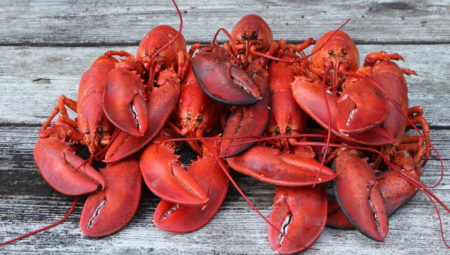“Reducing the use of single-use plastics helps protect the health of people and the planet,” said European Commissioner Frans Timmermans optimistically as recently as 2021, when presenting the Single Use Plastics Act (SUP). With these rules, the EU wants to ban single-use plastics. Large fast-food chains subsequently switched en masse to paper straws.
Now it turns out these straws are not so good for one’s health at all. This is especially true for straws made of plant-based materials such as bamboo and paper. They contain more toxic polyfluoroalkylated substances (PFAS) than common plastic straws. These included chemicals like PFOA and PFBS, known as ‘substances of very high concern’ within the European chemicals registration system, REACH. These substances are toxic and not biodegradable. They accumulate in the environment and in the bodies of humans and animals. Moreover, they are associated with some types of cancer.
Earlier this year, the Netherlands, Germany, Norway, Denmark and Sweden jointly submitted a proposal to the European Chemicals Agency (“ECHA”) to restrict the use of PFAS. The study by the University of Antwerp underlines the urgency of such a restriction.
The study was published in the scientific journal Food Additives & Contaminants:
Pauline Boisacq, Maarten De Keuster, Els Prinsen, Yunsun Jeong, Lieven Bervoets, Marcel Eens, Adrian Covaci, Tim Willems & Thimo Groffen (2023) Assessment of poly- and perfluoroalkyl substances (PFAS) in commercially available drinking straws using targeted and suspect screening approaches, Food Additives & Contaminants: Part A, DOI: 10.1080/19440049.2023.2240908
Image: Svitlana Kriukova/Shutterstock



